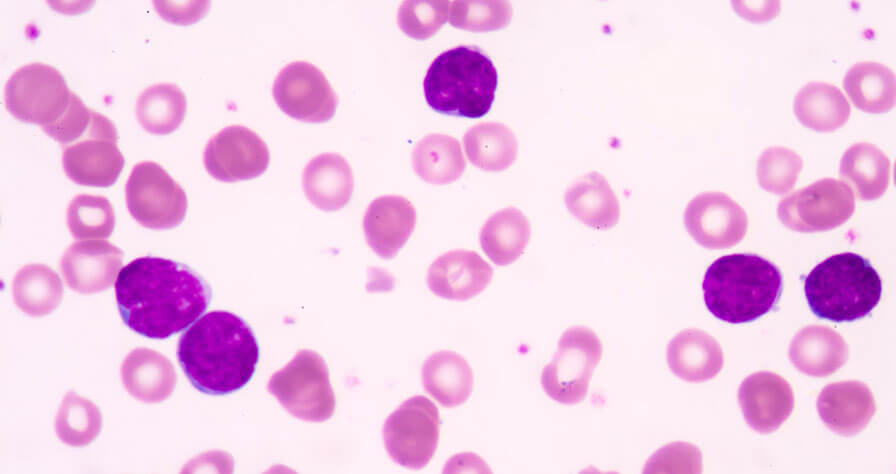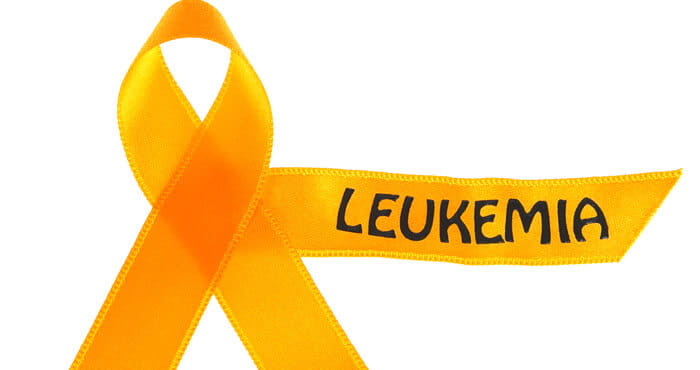Learn about Leukemia

Leukemia is a cancer of your white blood cells. It develops in your bone marrow and spreads into your blood and other organs. More than 65 percent of people diagnosed with leukemia are over 55. However, it is also the most common cancer in children and teens.
Are there different types of leukemia?
Leukemia may be acute or chronic. Acute leukemia gets worse very fast and may make you feel sick right away. Chronic leukemia gets worse slowly and may not cause symptoms for years. Here are the most common forms of leukemia:
- Acute lymphocytic leukemia (ALL) is the most common type of leukemia in young children. ALL also affect adults, especially those aged 65 and older.
- Acute myeloid leukemia (AML) occurs in both adults and children.
- Chronic lymphocytic leukemia (CLL) most often affects adults over the age of 55. CLL occurs in younger adults, but it almost never affects children.
- Chronic myeloid leukemia (CML) occurs mainly in adults. A very small number of children also develop CML.
Learn out more about the different types of leukemia.
What are the early signs of leukemia?
- Fever, chills and other flu-like symptoms
- Weakness and fatigue
- Frequent infections
- Loss of appetite
- Weight loss
- Swollen or tender lymph nodes, liver or spleen
- Easy bleeding or bruising
- Tiny red spots under the skin
- Swollen or bleeding gums
- Sweating, especially at night
- Bone or joint pain
- Anemia
Are you at risk?
Factors that may increase your risk of developing some types of leukemia include:
- Previous cancer treatment. If you have had certain types of chemotherapy and radiation therapy for other cancers, you have an increased risk of developing certain types of leukemia.
- Genetic disorders. Certain genetic disorders, such as Down syndrome, are associated with an increased risk for leukemia.
- Exposure to certain chemicals, such as benzene and formaldehyde increases your risk for AML.
- Smoking cigarettes can increase your risk of AML.
- Being middle-aged or older, male and white increases your risk for CLL.
- A family history of leukemia. If members of your family have been diagnosed with leukemia, your risk for CLL may be increased.
Learn about Baptist Health Cancer Services.



